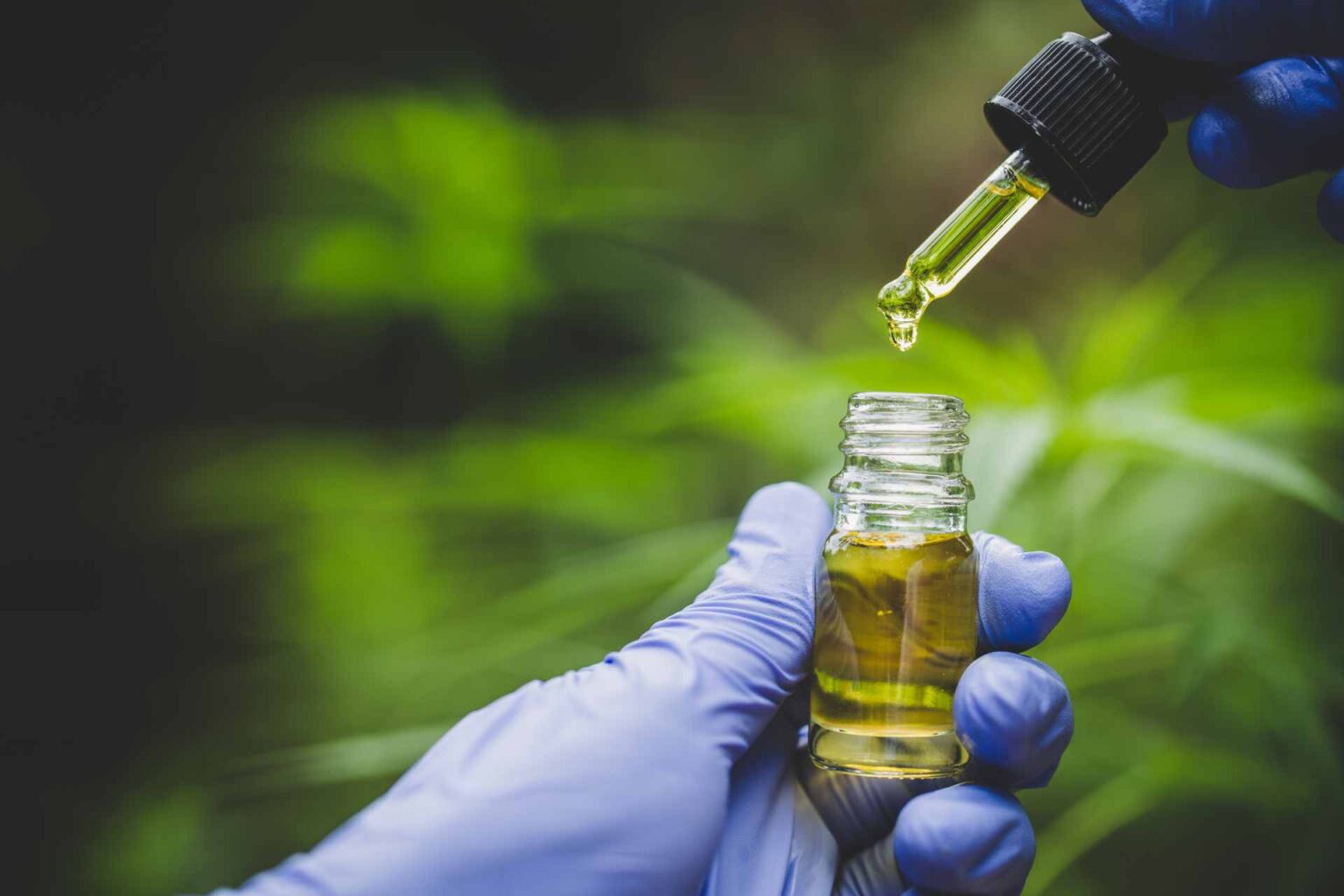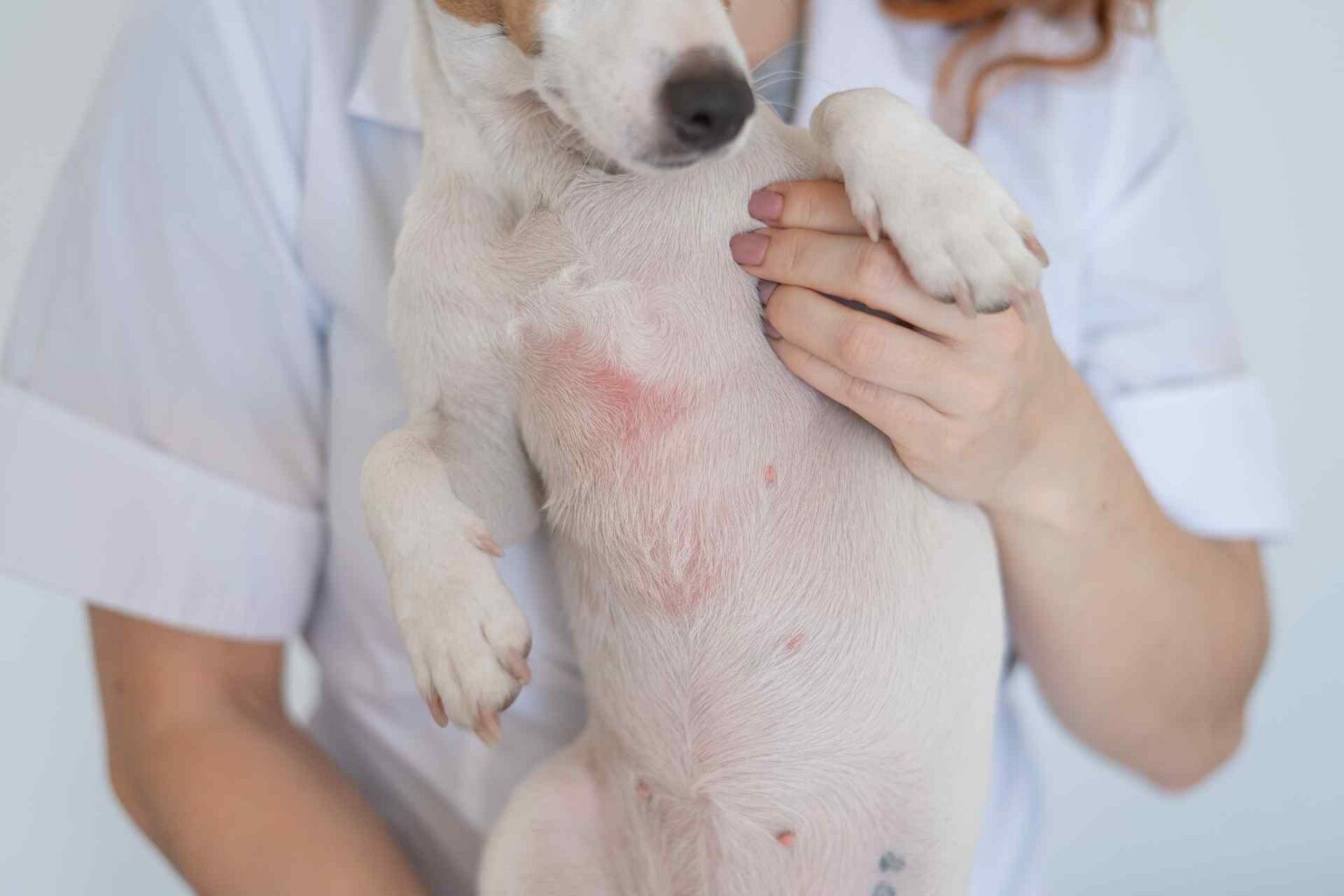The probiotics have been introduced into pet food in recent years, and current evidence suggests their benefits in health promotion and disease prevention in dogs and cats, although research in this area is not extensive compared to that conducted on humans and farm animals.
A review conducted in 2023 led by Beijing University traces recent advances in the use of probiotics in dogs and cats to provide new insights for the further development and application of probiotics in pets.
Several probiotic strains of canine and feline origin have been isolated and characterized. Probiotic administration has shown positive effects on gut health and may alleviate some intestinal diseases and disorders in dogs and cats, although the underlying mechanisms remain largely unresolved.
Studies on the dog…
Probiotics confer health benefits to dogs suffering from various intestinal disorders. Studies have shown that multilayer probiotics improved clinical remission, suppressed inflammation, and increased epithelial barrier function in dogs diagnosed with IBD.
Administration of probiotics containing Lactobacillus and Bifidobacterium strains increased fecal microbiota diversity, improved microbiota structure, and regulated microbial functional pathways in dogs with diarrhea.
… and those about the cat
A recent study found that strains of L. plantarum, L. rhamnosus, L. acidophilus, and B. adolescentis isolatedfrom various biotopes of healthy cats exhibited in vitro probiotic properties, such as adhesive activity andantimicrobial activity against causative agents of surgical infections in cats.
Another study identified several strains of L. reuteri, L. fermentum, E. faecium, and Pediococcus pentosaceus from dog and cat feces, although in vivo confirmation of safety and efficacy is needed for further use.
In addition, administration of E. faecium SF68 reduced the rate of diarrhea in shelter cats but did not affect the rate of diarrhea in shelter dogs. Dietary supplementation with L. acidophilus DSM13241 increased the number of Lactobacillus and L. acidophilus and decreased the number of Clostridium spp. and E. faecalis in the feces of healthy adult cats.
Stability of probiotics
Stability is one of the concerns in the application of probiotics. Probiotics such as Lactobacillus, Bifidobacterium, A. muciniphila, and F. prausnitzii are sensitive to stressful conditions such as heat, oxygen, pH, enzymes, and bile salts, which compromise their effectiveness during processing, storage, distribution, and passage through the GIT.
Encapsulation has emerged as an effective strategy to improve the viability, stability and efficacy of probiotics.
Conclusions
Using probiotics is an effective strategy for improving the health of dogs and cats. Probiotic administration can improve the balance of the intestinal microbiota, suppress inflammation, improve immune function and alleviate intestinal disorders in dogs and cats.
More precise characterization of the gut microbiota of dogs and cats in different health conditions may facilitate the discovery of new probiotics for use in pets.
Reference
Yang, Q.; Wu, Z. Gut Probiotics and Health of Dogs and Cats: Benefits, Applications, and Underlying Mechanisms. Microorganisms 2023, 11, 2452. https://doi.org/10.3390/microorganisms11102452











